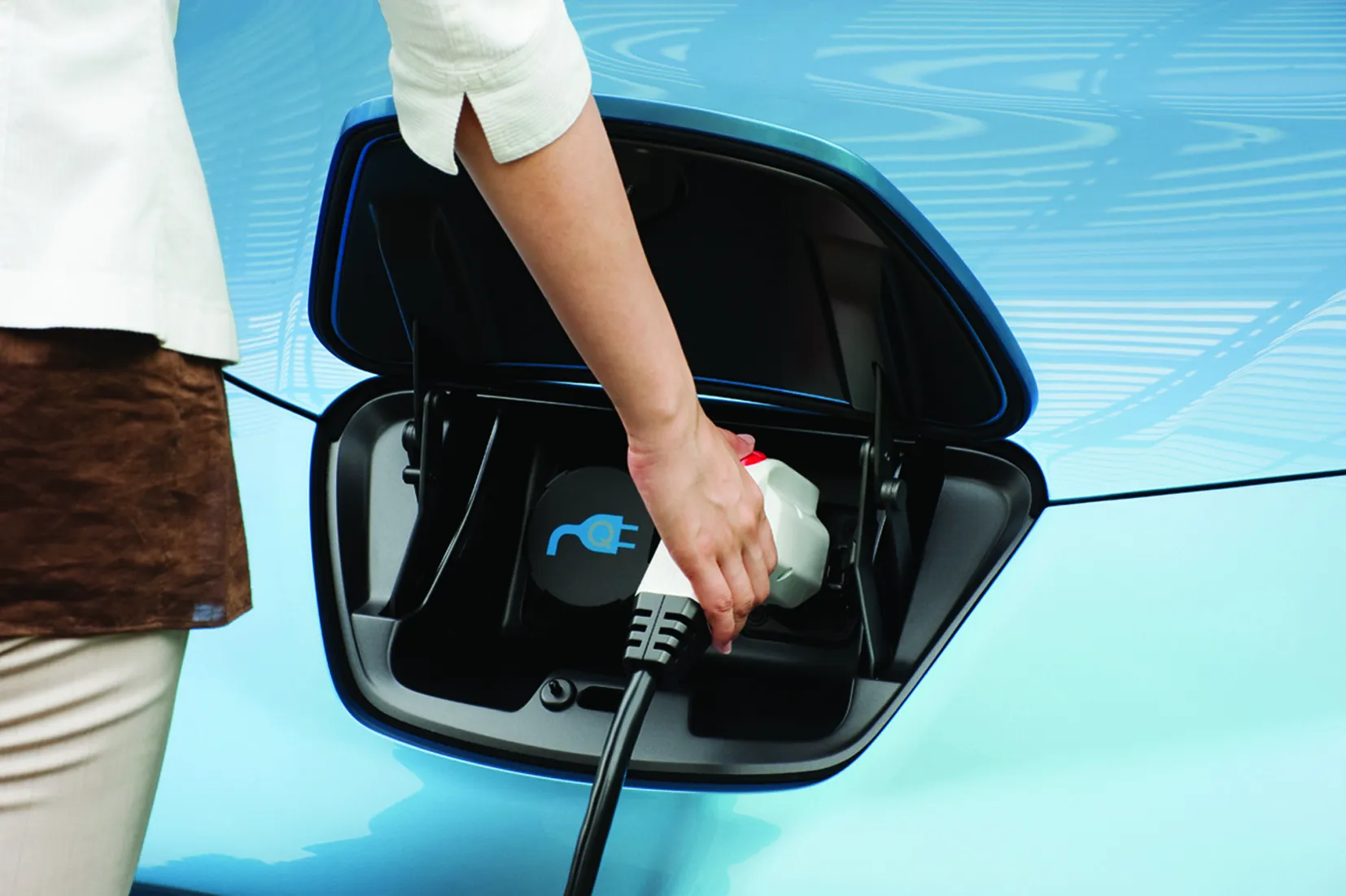The US Department of Energy (DOE) has published its first Quadrennial Technology Review, which identifies six key strategies to address current energy challenges. Crucially the review indicates that among the transport strategies, the greatest effort will be devoted to electrification of light-duty vehicles. While in the fiscal year 2011 only 9% of DOE’s research budget went to electric vehicles, this field will be given greater support in the coming years with the view of reducing US oil dependency in the
April 26, 2012
Read time: 3 mins

The 5275 US Department of Energy (DOE) has published its first Quadrennial Technology Review, which identifies six key strategies to address current energy challenges. Crucially the review indicates that among the transport strategies, the greatest effort will be devoted to electrification of light-duty vehicles.
While in the fiscal year 2011 only 9% of DOE’s research budget went to electric vehicles, this field will be given greater support in the coming years with the view of reducing US oil dependency in the long term. The review says that the electrification strategy will focus at first on light-duty hybrid-electric (HEVs) and plug-in hybrid electric vehicles (PHEVs) as these can already access the existing infrastructure and can effectively moderate oil consumption in the short-term period.
Full electrification as compared to partial is likely to be re-evaluated once charging infrastructure and battery development make significant progress. Batteries present the greatest technical challenge in vehicle electrification, the report says. Major technical hurdles such as high cost and low-energy density result in higher vehicle cost and range anxiety. The DOE therefore intends to develop advanced battery technologies through scientific research and engage industry in materials science, electrolyte chemistries, cell manufacturing, and technology performance. A limited research and development programme for fuel cells and hydrogen production and storage will also be maintained. As the high cost and supply constraints of rare earth elements might cause potential difficulties and draw-backs in electric vehicle production, DOE will aim to reduce the size of thermal systems and reduce rare earth content and cost.
The research will focus on high-temperature capacitors, low-loss soft magnetics and novel magnetic materials, wide-bandgap semiconductor materials, rare earth recycling and power electronics.
The report assesses that extensive deployment of charging infrastructure at current conditions would stress the grid as many unknowns exist in connection to the integration of the transport and electric sectors. With the increased adoption of plug-in vehicles fast charging needs and residential charging infrastructure will have to be addressed. DOE will therefore support research to understand interoperability issues and power management for widespread deployment.
The review defines six crucial elements of the near-future research strategy. Apart from the vehicle electrification mentioned above these include clean electricity deployment, grid modernisation, building and industrial efficiency growth, alternative hydrocarbon fuels deployment and vehicle efficiency improvements.
Based on the review, a first draft of a budget for 2013 is expected to be published at the beginning of next year.
While in the fiscal year 2011 only 9% of DOE’s research budget went to electric vehicles, this field will be given greater support in the coming years with the view of reducing US oil dependency in the long term. The review says that the electrification strategy will focus at first on light-duty hybrid-electric (HEVs) and plug-in hybrid electric vehicles (PHEVs) as these can already access the existing infrastructure and can effectively moderate oil consumption in the short-term period.
Full electrification as compared to partial is likely to be re-evaluated once charging infrastructure and battery development make significant progress. Batteries present the greatest technical challenge in vehicle electrification, the report says. Major technical hurdles such as high cost and low-energy density result in higher vehicle cost and range anxiety. The DOE therefore intends to develop advanced battery technologies through scientific research and engage industry in materials science, electrolyte chemistries, cell manufacturing, and technology performance. A limited research and development programme for fuel cells and hydrogen production and storage will also be maintained. As the high cost and supply constraints of rare earth elements might cause potential difficulties and draw-backs in electric vehicle production, DOE will aim to reduce the size of thermal systems and reduce rare earth content and cost.
The research will focus on high-temperature capacitors, low-loss soft magnetics and novel magnetic materials, wide-bandgap semiconductor materials, rare earth recycling and power electronics.
The report assesses that extensive deployment of charging infrastructure at current conditions would stress the grid as many unknowns exist in connection to the integration of the transport and electric sectors. With the increased adoption of plug-in vehicles fast charging needs and residential charging infrastructure will have to be addressed. DOE will therefore support research to understand interoperability issues and power management for widespread deployment.
The review defines six crucial elements of the near-future research strategy. Apart from the vehicle electrification mentioned above these include clean electricity deployment, grid modernisation, building and industrial efficiency growth, alternative hydrocarbon fuels deployment and vehicle efficiency improvements.
Based on the review, a first draft of a budget for 2013 is expected to be published at the beginning of next year.






